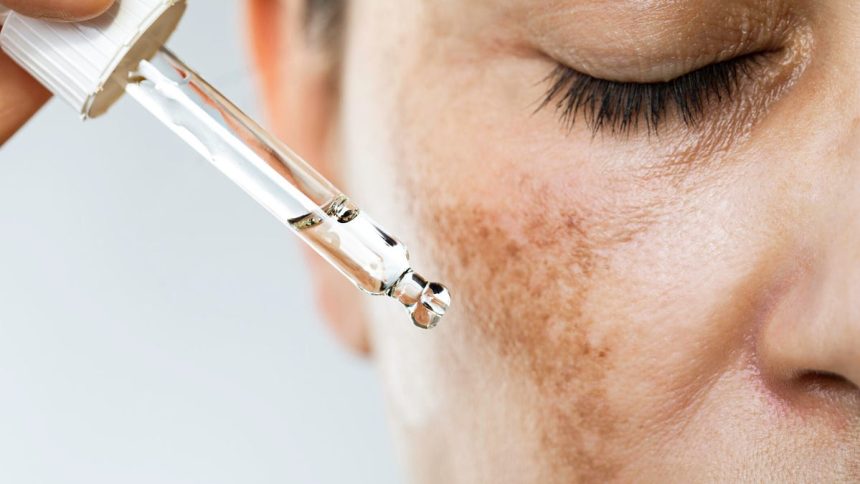Understanding Tretinoin and Retinol: Expert Insights on Their Advantages and Drawbacks
Introduction to Tretinoin and Retinol
Both tretinoin and retinol have garnered attention for their prominent roles in dermatological care. Renowned for their effectiveness in combating signs of aging, they serve as go-to options for many individuals seeking rejuvenated skin.
The Advantages of Tretinoin
Tretinoin, a powerful form of vitamin A, is commonly prescribed by dermatologists due to its established efficacy. It primarily aids in cell turnover, ensuring that new skin replaces the old effectively. This fast-tracked process can help diminish fine lines, fade dark spots, and improve skin texture significantly. Current studies indicate that over 80% of users experience noticeable improvements within a few months of consistent use.
The Benefits of Retinol
On the other hand, retinol presents a milder alternative suitable for those with sensitive skin or who prefer an over-the-counter option. While it may take longer to exhibit results compared to tretinoin—often several weeks—it remains effective in reducing wrinkles and enhancing overall radiance without overwhelming the skin.
Potential Side Effects: What Patients Should Know
While both compounds boast remarkable benefits for skincare enthusiasts, they are not without potential side effects. Users might experience irritation such as redness or peeling as their skin adjusts to these potent ingredients. Dermatologists often advise starting with lower concentrations before gradually increasing usage—this strategy can help mitigate adverse reactions while allowing the skin to acclimate.
Expert Recommendations on Usage
Healthcare professionals generally recommend applying these products at night due to their sun-sensitizing properties. Alongside this advice is the importance of using broad-spectrum sunscreen during the day; this additional layer protects against harmful UV rays that could exacerbate sensitivities caused by either tretinoin or retinol.
Conclusion: Making Informed Choices
Choosing between tretinoin and retinol depends on individual skincare needs and tolerance levels. Consulting with a dermatologist can provide tailored guidance based on personal concerns like age-related changes or specific conditions such as acne or hyperpigmentation.
By understanding how tretinoin and retinol affect your complexion—and being aware of best practices—they can be valuable additions to your skincare arsenal with striking benefits when used correctly.






